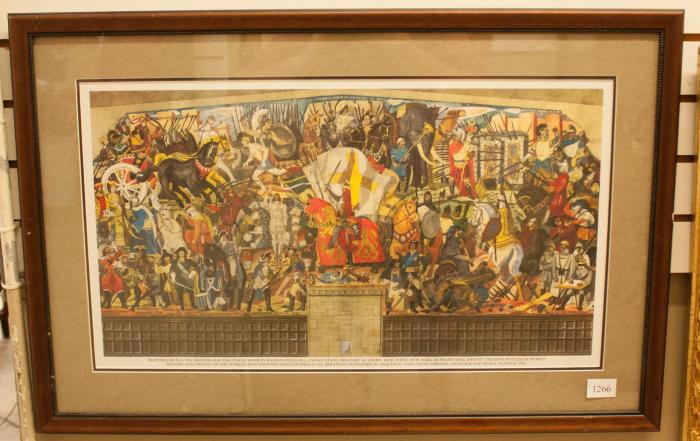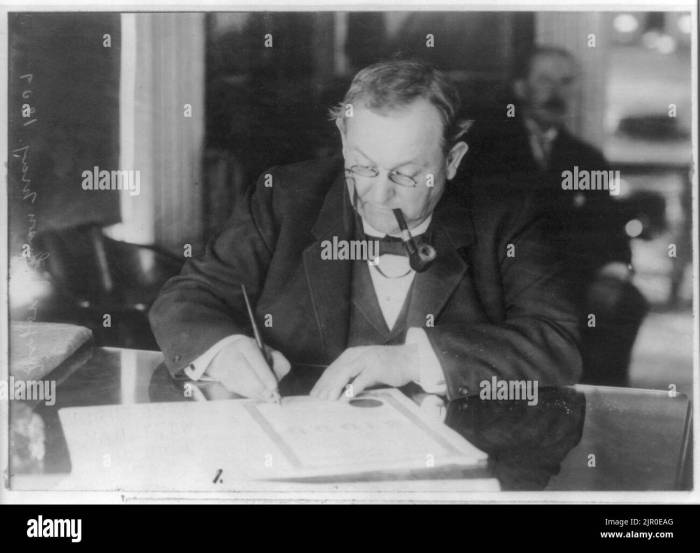Anti corruption pro cleveland politician in 1880s – In the annals of Cleveland’s political history, the 1880s stand out as a period marked by rampant corruption and the rise of anti-corruption crusaders. This narrative delves into the political landscape of the era, highlighting the key individuals and initiatives that shaped the fight against political malfeasance.
Prominent among these crusaders were politicians like Tom L. Johnson and Newton D. Baker, who recognized the corrosive effects of corruption on the city’s governance. Their speeches, initiatives, and policies ignited a movement that sought to restore integrity to Cleveland’s political system.
Political Climate of Cleveland in the 1880s

During the 1880s, Cleveland’s political landscape was characterized by rampant corruption and political maneuvering. The city’s two dominant political parties, the Republicans and Democrats, engaged in intense competition for power and influence.
The Republican Party, led by Mark Hanna, controlled the city’s political machine and wielded significant power. However, the Democrats, under the leadership of Tom L. Johnson, emerged as a formidable opposition, advocating for reform and anti-corruption measures.
Role of Corruption in Local Politics
Corruption was deeply ingrained in Cleveland’s political system. Bribery, kickbacks, and political patronage were commonplace. Elected officials often used their positions for personal gain, awarding contracts to friends and supporters.
The widespread corruption led to a decline in public trust and disillusionment with the political process.
Key Anti-Corruption Politicians: Anti Corruption Pro Cleveland Politician In 1880s

Several prominent politicians emerged as leaders of the anti-corruption movement in Cleveland during the 1880s.
Tom L. Johnson
Tom L. Johnson, a wealthy businessman and former congressman, became the mayor of Cleveland in 1901. He campaigned on a platform of reform and anti-corruption, pledging to clean up the city’s political machine.
During his tenure, Johnson implemented several anti-corruption measures, including strict financial regulations and a merit-based civil service system.
Newton D. Baker
Newton D. Baker, a young lawyer and future Secretary of War, also played a significant role in the anti-corruption movement. He served as city solicitor under Johnson and helped prosecute corrupt officials.
Baker’s efforts contributed to the downfall of several prominent politicians and helped restore public trust in the city government.
Anti-Corruption Campaigns and Initiatives

The anti-corruption movement in Cleveland led to several major campaigns and initiatives.
Municipal League of Cleveland
The Municipal League of Cleveland, founded in 1896, was a non-partisan organization dedicated to promoting good government and fighting corruption.
The League conducted investigations, published reports on corrupt practices, and advocated for reforms.
Home Rule Amendment
In 1912, the Ohio state constitution was amended to grant home rule to cities. This gave Cleveland greater autonomy over its own affairs and allowed it to implement more effective anti-corruption measures.
The Home Rule Amendment strengthened the city’s ability to regulate public utilities, enforce building codes, and manage its own finances.
Impact of Anti-Corruption Efforts
The anti-corruption efforts of the 1880s had a significant impact on the political landscape of Cleveland.
Reduced Corruption and Political Patronage
The anti-corruption campaigns and initiatives led to a significant reduction in corruption and political patronage. Elected officials became more accountable to the public, and the city’s political machine was weakened.
Increased Public Trust
The anti-corruption efforts helped restore public trust in the city government. Citizens became more engaged in the political process, and the city’s reputation improved.
Legacy and Lessons Learned
The anti-corruption movement of the 1880s left a lasting legacy in Cleveland. The city’s commitment to good government and ethical practices continues to this day.
The movement also provides valuable lessons for modern anti-corruption efforts, demonstrating the importance of citizen engagement, transparency, and accountability.
Comparison to Modern Anti-Corruption Measures

The anti-corruption efforts of the 1880s share similarities and differences with modern anti-corruption measures.
Similarities, Anti corruption pro cleveland politician in 1880s
- Emphasis on transparency and accountability
- Citizen engagement and activism
- Use of investigations and prosecutions
Differences
- Greater use of technology and data analysis in modern anti-corruption efforts
- Increased focus on international cooperation and asset recovery
- Changing nature of corruption, with new forms of corruption emerging
Despite these differences, the anti-corruption movement of the 1880s remains a valuable example of how citizens and elected officials can work together to combat corruption and promote good government.
Quick FAQs
Who were the key anti-corruption politicians in Cleveland during the 1880s?
Tom L. Johnson and Newton D. Baker were prominent anti-corruption politicians in Cleveland during the 1880s.
What were some of the major anti-corruption initiatives launched in Cleveland during this period?
The Municipal Code of 1891 and the creation of the Cleveland Civil Service Commission were significant anti-corruption initiatives launched in Cleveland during the 1880s.
How did the anti-corruption efforts of the 1880s impact Cleveland’s political landscape?
The anti-corruption efforts of the 1880s led to increased accountability among public officials, raised public awareness about political integrity, and laid the foundation for modern anti-corruption measures.
